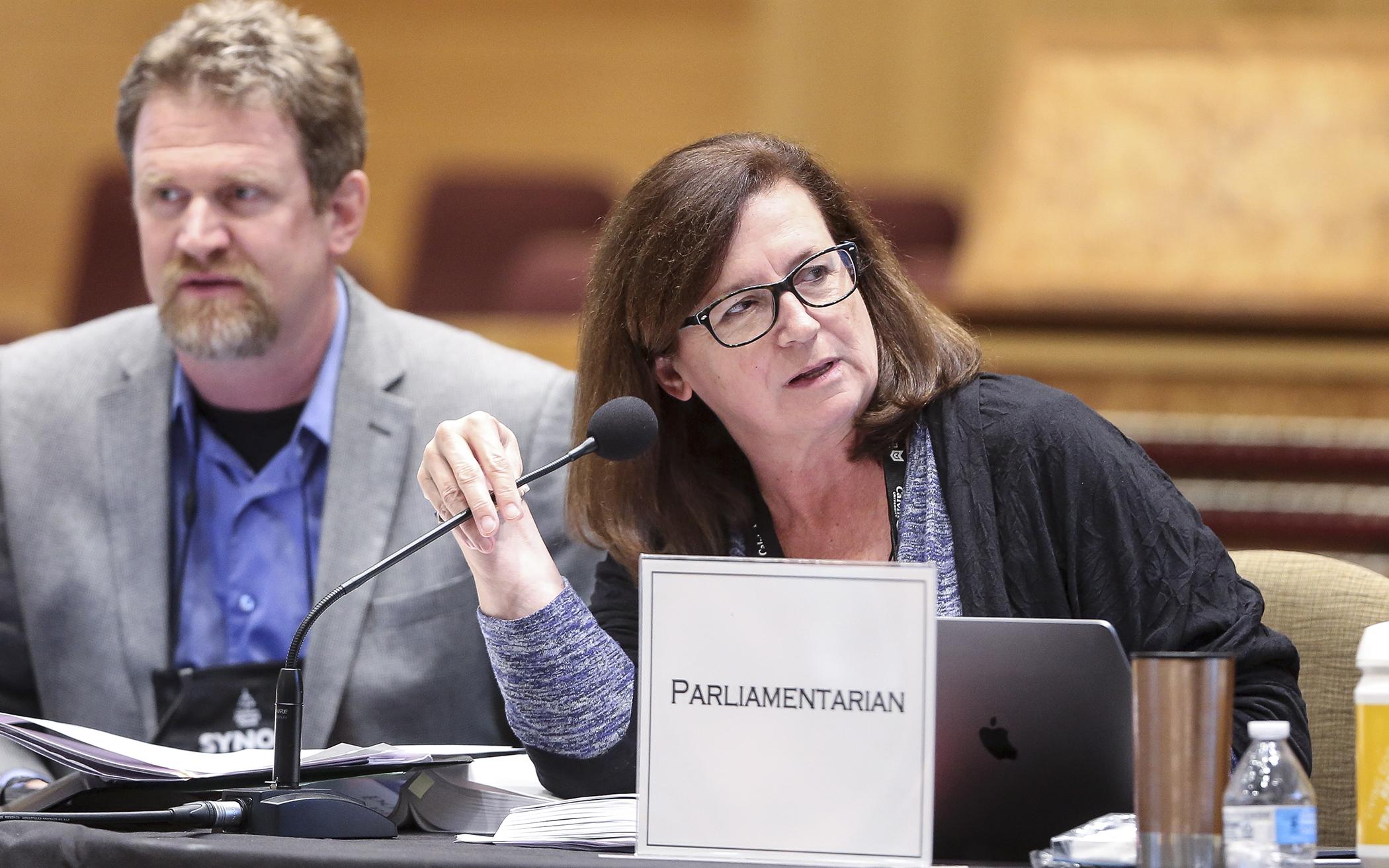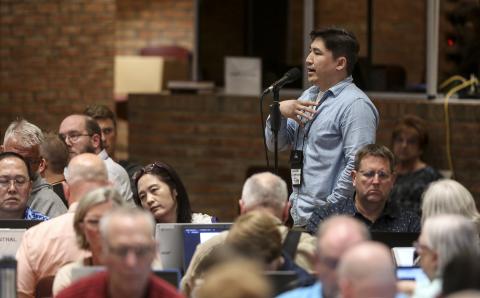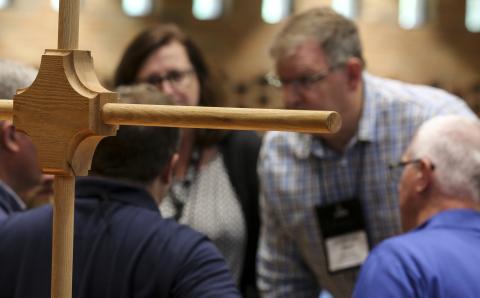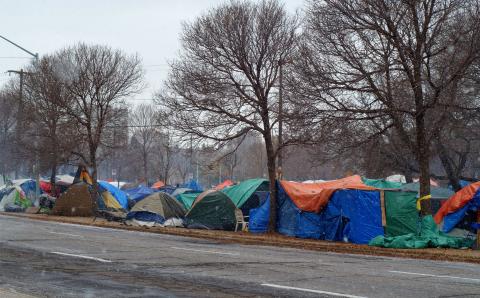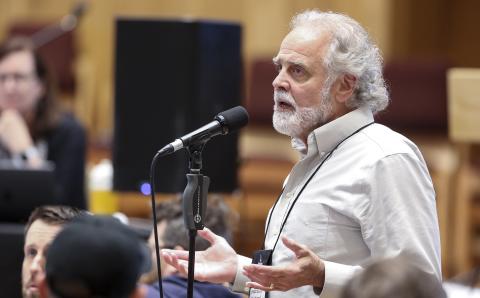Synod 2023 reviewed and approved the reports of the synodical deputies during its work Monday (June 12). These are ministers, nominated by classes (regional groups of churches) and appointed by synod to serve as synod’s deputies—those entrusted to ensure that Church Order is properly followed in several types of actions taken by a classis. The deputies report every year to synod, the broadest assembly of the Christian Reformed Church.
Article 48-b of Church Order says three such deputies should be present whenever the cooperation of synodical deputies is required, “as stipulated in the Church Order.”
Actions requiring their cooperation include:
- admitting as ministers in the CRC pastors entering from other denominations (Art. 8)—12 instances reported to and approved by Synod 2023
- approving examined candidates (Art. 10)—23 instances
- approving of service outside of a congregational pastoring role that “is consistent with the calling of a minister of the Word” (Art. 12-c)—15 instances
- loaning a minister to another denomination—seven instances, and extending the loan— six instances (Art. 13-c)
- releasing a minister to ministry outside of the CRCNA (Art. 14-b)—14 cases
- releasing a minister to a non-ministerial role (Art. 14-c)—five cases
- releasing a minister from a congregation (Art. 17-a) — 20 cases
- readmitting a minister to office after a non-ministerial release (Art. 14-e)—one case
- approving positions for commissioned pastor (Art. 23-a) as “keeping with synodical guidelines”—45 cases
- approving individuals as commissioned pastors (Art. 23-a)—10 cases
- approving a commissioned pastor in a solo pastoring role (Art. 24-a)—five cases
- concluding the service of a commissioned pastor (Art. 24-d)—14 cases
Bernard DeYoung, Classis Huron, inquired whether synodical deputies might be called upon to do exit interviews in some of the cases of pastor release, “to gain information that could be helpful for the pastor church resources committee—what to be alert for and what to listen for?” DeYoung didn’t want the receiving of this long list to be “just perfunctory,” but that it might prompt some provision of “aftercare, to help stave off what seems to be a growing list every synod.”
Synod parliamentarian, Kathy Smith, said classes, with the help of regional pastors, have the best position from which to be involved in something like exit interviews. “The synodical deputies' role is restricted to concurring, or not, with what classes have done. Exit interviews would be outside of their purview,” Smith said.
Synod president Paul DeVries agreed that DeYoung’s suggestion would be “good for classes to hear.”
Later in its work, synod did approve the creation of an exit interview process for one type of ministry scenario. It instructed “the Office of General Secretary to create an exit interview/ministry postmortem learning process for classes, churches, leaders, and their families to use when burnout occurs in bivocational ministry.”
In addition to approving the synodical deputies’ reports, Synod 2023 also recognized the retirements of 21 ministers of the Word and nine commissioned pastors, concluding this part of its work by praying for the lives of these ministry servants.
Synod 2023 is meeting June 9-15 at Calvin University in Grand Rapids, Mich. Find daily coverage from The Banner news team at thebanner.org/synod. Visit crcna.org/synod for the synod schedule, webcast, recordings, photos, committee reports, and liveblog. Synod is the annual general assembly of the Christian Reformed Church.
About the Author
Alissa Vernon is the news editor for The Banner.

